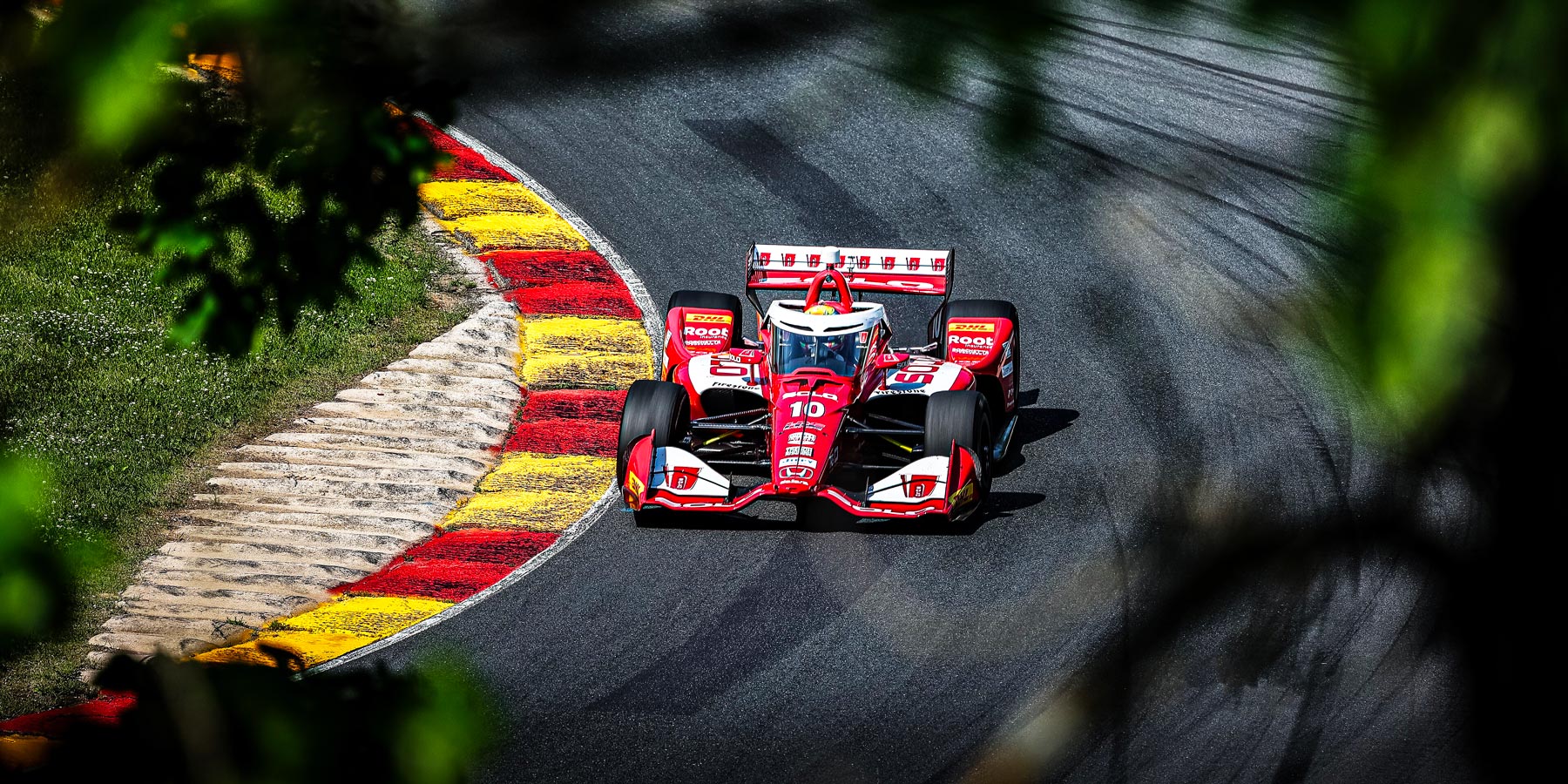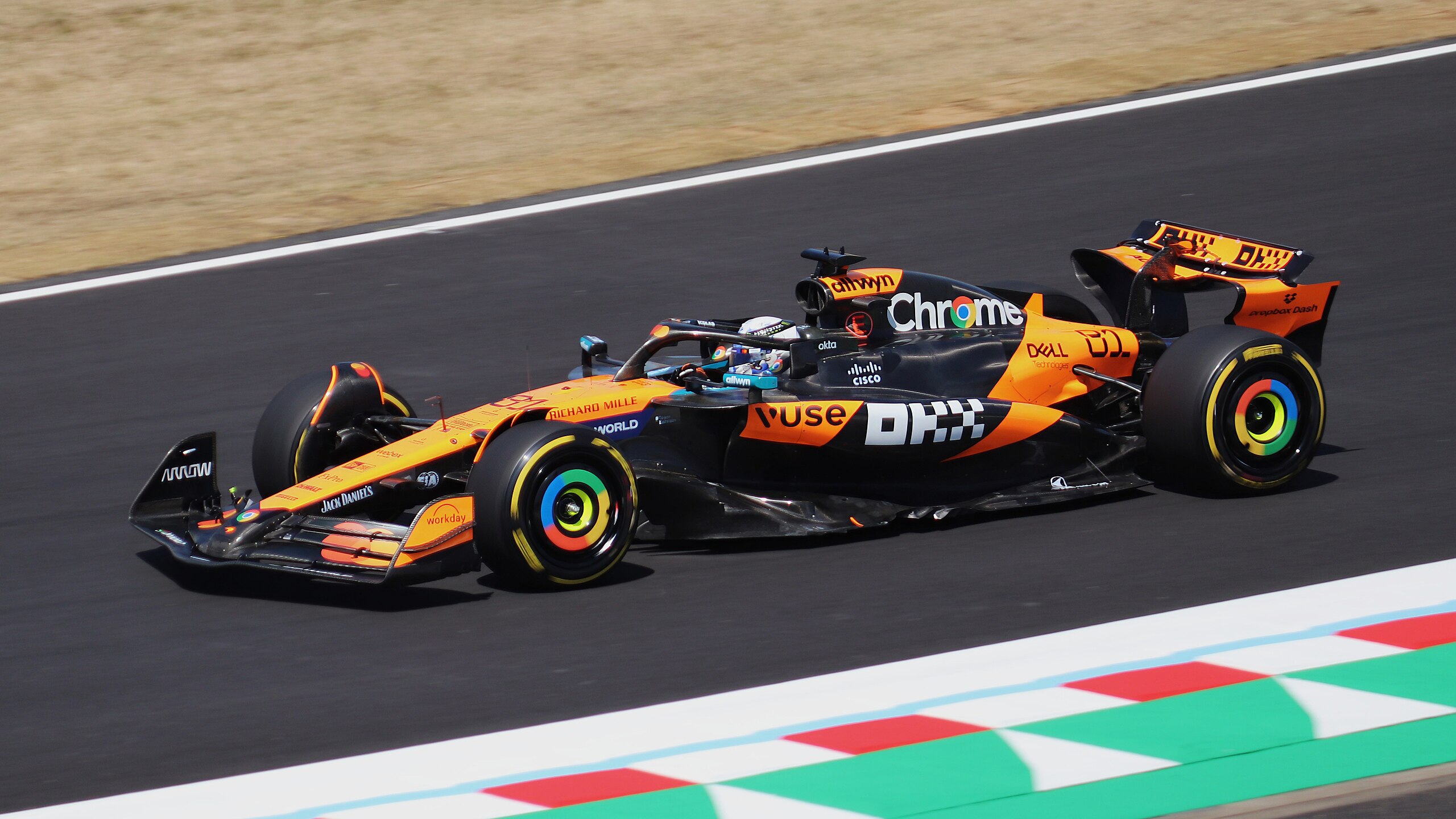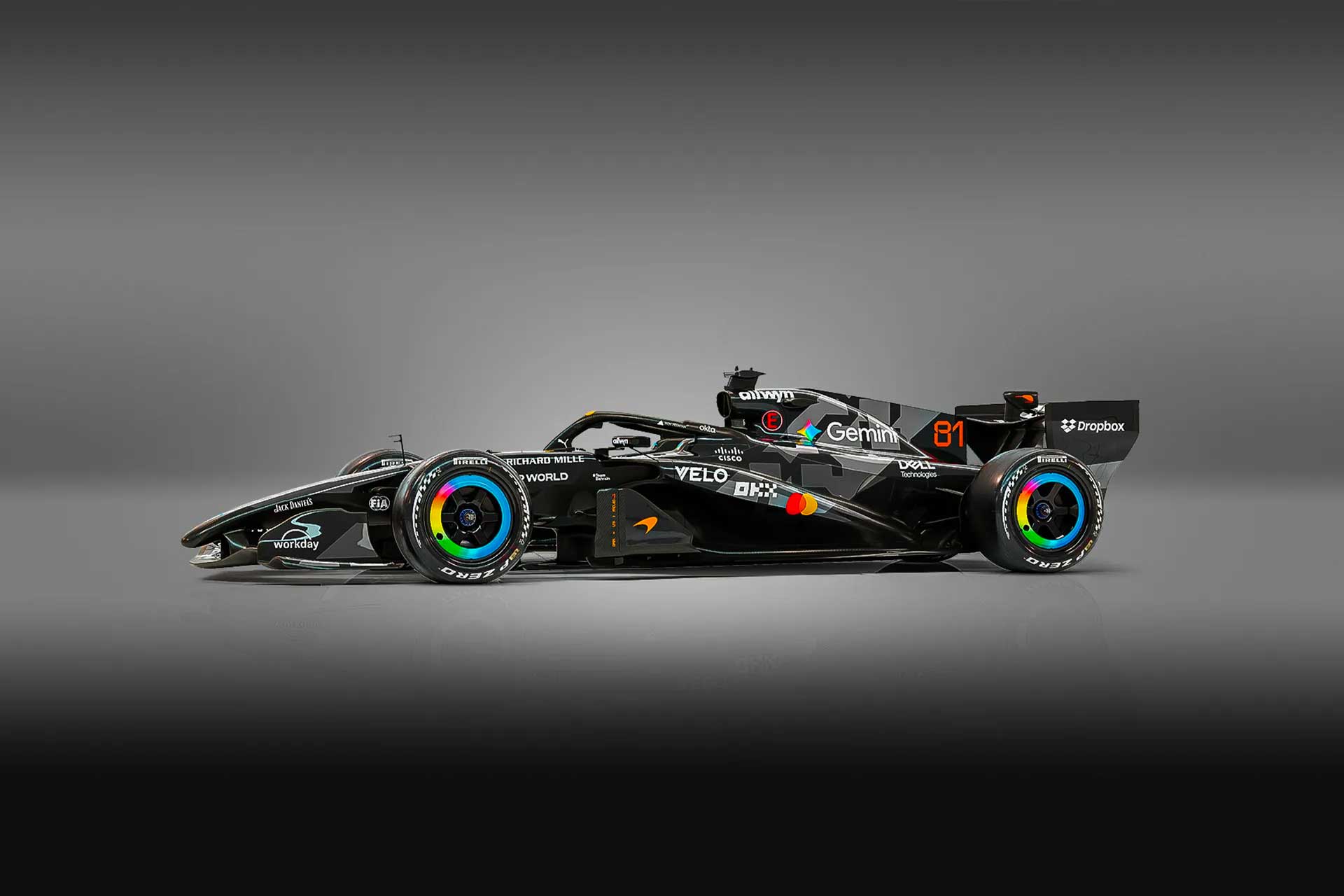We are living through interesting years. Above all, we are living through years that are significantly changeable and full of constant shifts in balance. In this perennial re-centering of weights, in the perpetual and perpetual search for a regularity that is now frankly difficult to define, the world of sports has also made emergency a new everyday occurrence and has had to redefine itself, even before it can rediscover itself. As the rèclam wants, it is necessary today to ask, in the sports universe as in all others, whether the search for normality is not itself normality and whether precisely in the constant chiseling of rules and smoothing of angles does not lie the secret of success. Adapt to survive, according to Darwinism, or-better yet-adapt to thrive.
The writer of these lines likely suffers, and it is quite evident, from a rather pronounced perspective bias. From the victory of the Europeans by the Azzurri to the most extraordinary championship of Formula 1 that memory can recall, from an incredible Olympic epic to a resounding MotoGP year , the 2021 that has just left us has been-sportingly-one of the most memorable years ever. The lesson that stadiums, tracks and arenas have bequeathed to us is, in a nutshell, quite simple: transitions-even the most painful ones-can be positive, as long as they are governed with foresight. Sport must continue to change if it is to continue to be one of the entertainers par excellance in a world that is changing with increasing rapidity.
It is something as intuitive as it is countercultural. Neither sport in general nor the galaxy that revolves around it -from sponsorship to television rights or ticketing- particularly likes revolutions: change is exhausting, full of unforeseen contingencies, and definitely costly from both a neural and a wallet perspective. Even so, when imposed, change lights the fuse of a series of mechanisms that, although sometimes painful in the beginning, generate largely positive results.

The COVID years and the years of the COVID struggle.
Please note: the pandemic is, of course, not the only variable in the equation. The virus has played the main role in the global limelight-because of the extraordinary and enduring popularity of our and others’ misfortunes in newspapers and magazines-but there is more to the world than COVID, and the above transitions should be understood as a general principle, not a particular one. Just as the very recent“Don’t Look Up” starring Leonardo di Caprio is not really about a comet about to strike our planet, so Covid is both the problem and the prototype of the problem itself.
Sports and sports marketing are well aware that the virus has not finished its race and will return with cyclical cadence among the positions that matter on the global agenda. If, in essence, the years of COVID are over, the years of fighting COVID are definitely far from over. Health and safety protocols, containment bubbles, plus, of course, the arrival of vaccines and a conspicuous organizational and control machine have meant that the Coronavirus is now slightly closer to an injury than to a transnational calamity: players, drivers, mechanics, coaches and staff members are now moving in and out of the quarantines imposed by the virus with daily regularity, but the show has learned to move on.
From the perspective of sports marketing, on the other hand, the pandemic has had the merit-allow us the expression-of recalibrating the north of a theme that was eluding professionals in the field: content is far more important than the container. For years in fact, in part probably due to an easy enthusiasm caused by social networks and revolutionary modes of engagement, the high road had been somewhat lost that required that the focus of the discipline of sports marketing be on the sports performance itself, that is, the sports event, the match, the race. The cancellation of competitions themselves, changes in calendars and the sudden disappearance of some events have contributed to an important triage of priorities, which have at the absolute top the performance of the sport itself.
Sports sponsorship itself, in a little game of exoption in which yours truly is also complicit, has in recent times overemphasized the noncentrality of the outcome in favor of a holistic view that sees the return on the operation in the simple fact of being there at that moment and being able to activate by leveraging this issue. This is true as long as we do not go so far as to say that sponsoring Liverpool is equal to sponsoring Norwich, or that being a partner of Red Bull Racing is equal to being a partner of the Haas team.
Significantly, 2022 will be no different from 2021 as far as the pandemic is concerned. The winter recrudescence and the diabolical Omicron impose caution, and still command the timing of the dances, but the organizers have learned the score and are ready to go with the music. There will -this much is certain- still be a few empty stadiums and a few unpacked stands, but in the year of the sibylline World Cup in Qatar, it is easy to assume that they will -correctly- sacrifice a few bleacher tickets in favor of a continuation of the affairs on the field.
The new physical, political, and commodity geographies
The World Cup in Qatar is obviously a 2022 theme, as is the Winter Olympics in Beijing, capital of that China that two years ago kicked off the beginning of the end. The Arabian Peninsula is not only the smallest state in which the highest sporting event on the planet has ever been played, but also the definitive and most tangible sign of an eastward movement of the engine of the sports system. By this is not to say that Europe has lost its relevance within the chessboard, but that markets and principals belonging to the new order have officially concretized their presence around all the tables that matter.
A very clear sign of this is also the calendars of the top international motorsport competitions, which count, between MotoGP and Formula 1, as many as 20 races away from the old continent. The reason, as is evident, is the economic availability of certain territories that although lacking European heritage now possess the capital to become the stage for the events that count.
Even this telluric movement is not without controversy, some well-founded and some less so. Certainly falling among the first category are ethical and social concerns about the conditions of workers charged with preparing the stadiums and infrastructure that will host the World Cup. Doubts, on the other hand, remain about the fuss raised lately about the alleged “cookie” that the sheikhs allegedly organized against the Azzurri, and which would allow the phenomenon Ronaldo to participate in the kermesse instead of the team that also won the last continental tournament. It is necessary to separate bran and flour and make a good sorting of the endless flow of information that floods computers, phones and various ammennicoli on a daily basis.
From the point of view of our trade, namely that of sports sponsorship, the most branding implications of these new geographies have long been evident. The top sponsors of the world’s most important properties often come from the Middle or Deep East. However, there is no need to deceive oneself about the reason for these partnerships, which are by no means aimed at “conquering Europe,” but rather at a positioning that is much more global and much less local. Sport has become too important a communication asset on a planetary level to think that Saudi or Chinese groups care solely about the European customer: Italians, French, Germans, and Spaniards are too few in number and too stagnant in economic growth to still be the object of desire of any company on the globe. Stepping out of the metaphor, Etihad is not on City ‘s jersey to win over Mancunian or British fans, but to quickly reach everyone who cares even vaguely about football, regardless of where they are.
It goes without saying that to change-and this is already happening-is also the system of activations, which is increasingly dividing into two macrosystems. There is that of the super-sponsors, interested almost solely in the exploitation of name/image/fame rights and high-end visibility, and then there is that of the lower-end sponsors (an ugly word, which would need a worthy replacement) , who instead will increasingly benefit from small but intense local activations comprising hospitality activities and one-to-one presence.

Of cryptocurrencies and metaverse
That of physical boundaries is not the only geography being challenged by modernity. The advent of cryptocurrencies, blogs on the metaverse, blockchain, NFTs and other financial/technology players has imposed itself on the sports industry with a rapidity that the industry itself was not necessarily prepared for. It was just a few hours ago that Scuderia Ferrari signed an agreement with Velas Network, a powerful new player in the NFT and digital wallets market. In just a few years, sometimes months, brand new companies made extremely rich by the popularity of bitcoin and similia have set out to conquer the sports world, breaking off multimillion-dollar deals that have redefined the scenario: for some it is the new tobacco, or the new banks, but the difference is instead substantial.
Unlike more “traditional” companies (another ugly, inaccurate term that offers a negative connotation to something that actually has nothing negative about it), these new big investors are profoundly-and in every sense-dematerialized: they have no precisely stated physical location, they cater to an often submerged, brand-new target audience, they have streamlined structures that-despite their budgets-allow them very rapid operations and sudden changes of direction. They are, in, good substance, a fairly unknown animal and one that is still being measured. In fact, these companies open the field wide to new types of partnerships, based sometimes on the creation of dedicated NFTs or cryptocurrencies, sometimes on pure brand reputation activities (this is the case, for example, of Crypto.com and the purchase of the naming rights of the Los Angeles Lakers arena, following the sponsorship of the F1 Championship) and brand development in order to succeed in emerging in a market that is rapidly becoming crowded.
Despite the misgivings of even some insiders and the initial maneuvering around these semi-familiar objects, digital finance already represents the present, rather than the future, of sports marketing. The tomorrow, fairly recent to tell the truth, is clearly in the metaverse-the mega network of connected networks that guarantees virtual worlds but absolutely real experiences and economies and represents the next big thing in digital. If the big names such as Meta, Amazon, and Apple have already been gearing up for the metaverse for years, there are plenty of those who have already built-and then speculated on-the internet of tomorrow, as is happening on Decentraland, for example. The big sports properties promise not to be outdone and give their fans and stakeholders a new world of 3.0 opportunities to be enjoyed in the metaverse (or metaverses, depending on definitions) and managed through blockchain and proprietary NFTs.
The theme now is that of the connection of the two worlds: the very virtual and highly digital world of the metaverse and the real and very much tied to thehic et nunc of sport. Many glimpse in the metaverse a new way to enjoy competitions, matches and games, thanks to virtual reality technology, big data and real-time stats, but doubts about the state of the technology to date remain especially depending on the massive amount of bandwidth some platforms would require. The metaverse, on the other hand, seems to be a no-brainer for the world of e-sports, which, after a surprising amount of media exposure due to the first pandemic wave, today continues to experience a moment of absolute brilliance thanks to a steadily expanding base of gamers. The video game-this has long been understood-is not only the medium of the future, but also the evolutionary foundation underpinning many of the technologies that everyone will use in the coming years.
Concluding the argument about metaverses, and putting in black and white a concern that came up in a recent chat on the topic, the hope is that there is some roast behind the smoke. The impression is that many people talk about this Internet of the future but few really understand what is behind it and know how to deal with the massive amount of conditio sine qua nons that are required to access it, such as possession of a digital wallet and similia.
Return to energizer
To end this -perhaps somewhat disunited- roundup on the issues of 2022 sports marketing, it is useful to take a step back and try to grasp the big picture. As mentioned at the outset, the pandemic has taken the lid off Pandora’s box and evaporated many of the superstructures that modernity had put on the sporting event. The months of absence of the sporting event itself put the focus back on the foundations of the sport system, namely, sport itself. If you don’t play, don’t run, don’t compete, the rest is all useless. In fact, everything else, from social to metaverses, from geographical declinations to next-generation activations, rests on the emotion and moods generated by the champion’s performance, the beautiful technical gesture, the joy of victory, the thrill of a memorable event.
If what happens on the field is therefore at the heart of everything-and it can’t not be, of course-then the issue of competitiveness returns of extraordinary interest and is the first thing to be safeguarded as we look at the sport not of 2022 but of the future everything. Those involved in sports marketing* need to find mechanisms to make sure that unpredictability, spectacle, uncertainty, dueling (sporting, of course) are always the ultimate goal of those who organize leagues, series, events and tournaments.
It is a very modern theme, actually, although it rests on ancient foundations. Will MotoGP survive Rossi ‘s farewell ? Can there be a world championship without Messi or Ronaldo? Can the NBA thrive if it is teams far from the Big Markets that win? Evidently, the answer to this question is obviously yes, as long as ways are always found to ensure a great show on the track, on the turf, and on the parquet, respectively. In this sense, as has already been mentioned, the 2021 Formula 1 championship won by Max Verstappen but, more importantly, decided on the last lap of the last race was especially enlightening. The same sport that for years was branded as a boring bandwagon, this year bewitched the world with its exciting battles and the clash between two great champions.
The year to come
In conclusion, the coming year, 2022, is actually already here and presents with sufficient clarity the challenges, complexities, and nodal issues for sports and sports marketing. Many of these challenges have been listed in the previous lines, many would need further investigation. The Covid-19 pandemic and the rampaging Omicron variant will still be the main headlines in the newspapers, but the centrality of the Gulf countries, the role of cryptocurrencies and metaverses, and the need to put competitiveness at the center of upcoming competitions represent the tomorrow of our profession and its facets.
The bottom line, as the saying goes lately, is that sports and sports marketing cannot afford not to adapt to the change and the many mutations that modernity presents. On the contrary, they are obliged to align themselves first and then to precede these trends, these difficulties and these innovations if they want to maintain the leading role they play in everyday life.
In a very recent article in Sports Illustrated, NBA Commissioner Adam Silver said, “Sports have been a bellwether of sorts in our society.Our ability to find a way to keep operating is also significant for society, to show that there are ways, despite living in this era. “** These are interesting words, coming from the head of one of the most important sports leagues in the world and marking another, perhaps the last and final topic for years to come. As everyone knows, sport is more than just a form of entertainment or a leisure toy: it is a complex social and cultural object with a myriad of practical, concrete and vivid applications and implications.
Understanding, governing, communicating and managing these implications is probably the most important mission for the coming year and those to come.
* We will not perform another discussion here on the dichotomy between sports marketing and sports marketing, but suffice it to mention in simplification that the former is concerned with promoting the sports product or products, while the latter is concerned with using sports to promote third-party products or services.
** “Sports have been a kind of taskmaster for our society. Our ability to overcome problems and continue to function is equally important for society to show that there are solutions to the problems of this historical era.”











